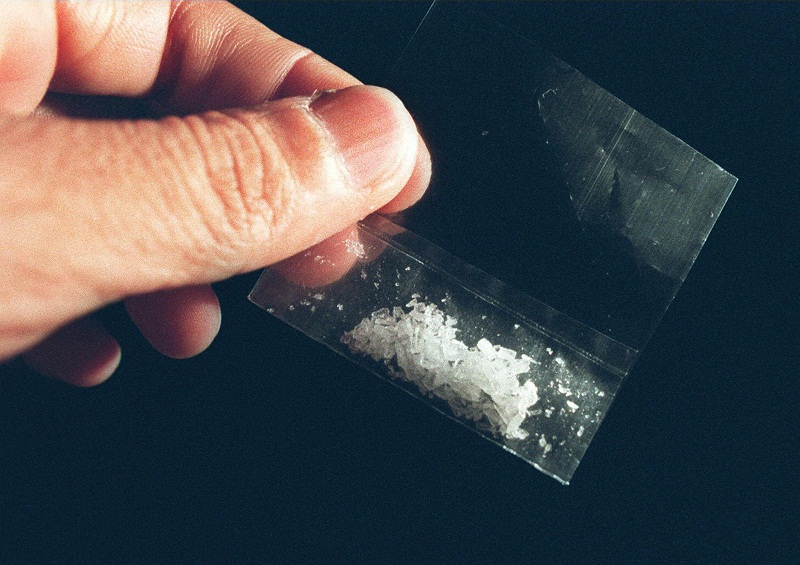KUALA LUMPUR, Jan 31 — Corruption and weak policies are key obstacles to eradicating the drug trade in Southeast Asia, said a US official with experience on drug trafficking in the region.
Deputy Assistant Secretary for the Bureau of International Narcotics and Law Enforcement Affairs (INL) James A. Walsh also said going after the financiers of the trade was critical in attacking the problem.
“Good governance is vital to interdicting and reducing the supply of drugs. If you have corrupt officials, it makes it a lot harder. The drug trade, like other forms of organised crime, seeks to co-opt, undermine and erode the institutions of state.
“Good governance also extends to effective border management including ensuring the integrity and reliability of the frontlines tasked preventing such substances from either entering or leaving their borders,” he said.
Walsh said regional governments needed to “go after corruption” stemming from the drug trade and to target the resources and individuals used by drug trafficking syndicates to launder their money.
Authorities must also not stop at street level operations, with Walsh saying that it was vital to track the syndicates’ operations up until the money men are unmasked.
“Following the money trail to dismantle drug trafficking networks has been used to great effect by the US in its supply reduction strategies…you have to follow the money.
“Anti-money laundering measures have to be a key component of the fight against drugs specifically and against transnational crime in general,” he added.
He said that drug trafficking in the region was linked to a variety of cross border crimes including human trafficking, wildlife trafficking and militant activities and the US had worked closely with Malaysia in helping tackle these problems.
The INL had in 2015 organised a workshop between the Malaysian government and 30 non-governmental organisations on issues related to smuggling.
The US Resident Legal Advisor and US Department of Justice’s Office of Prosecutorial Development, Assistance, and Training were also working with to establish a special prosecution unit for counter-terrorism and an interagency task force for transnational crime.
Walsh explained that mitigating demand for illicit drugs was as vital as going after the suppliers; the US, in addition to lending its support in terms of resources and intelligence to Asean countries, also maintained various educational and awareness programmes throughout the region.
He also said governments must better regulate precursor chemicals used in the manufacture of synthetic drugs as these were cheap, abundant, easily converted and highly profitable.
“Last year the United Nations Commission on Narcotic Drugs laced two key ingredients used in the manufacture of fentanyl on its list of controlled substances.
“Additionally China, which has become the largest producer of the synthetic opioid fentanyl, has regulated 138 fentanyl analogues but we would like to see greater efforts especially against networks taking advantage of retail infrastructure to ship this substance via small package deliveries.”
Walsh said no single nation could stop the global trade in drugs alone and stressed that success would only be possible through collaboration with regional and global partners.
The effects of the global drug trade triggered a public health crisis in the US with tens of thousands dying from overdoses a year with heroin and additives added into it such as fentanyl being largely responsible, he said.
Even with all the efforts directed at the destruction of drug production and its distribution networks, Walsh conceded that it was not possible to completely eradicate the menace.
“The world has not been successful in eradicating drugs. What we can hope to achieve through our efforts is making the risk to reward ratio untenable for those engaged in the trade.”



















